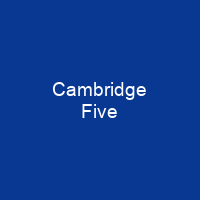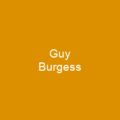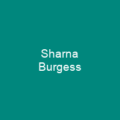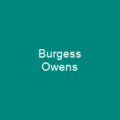The Cambridge Spy Ring was a ring of spies in the United Kingdom that passed information to the Soviet Union during World War II. The ring was active from the 1930s until at least into the early 1950s. The number and membership of the ring emerged slowly, from the 1950s onwards. None were ever prosecuted for spying.
About Cambridge Five in brief

It is said that Burgess handed over about 389 top secret documents to the KGB within the early part of 1945 along with an additional 168 documents in December of 1949. All five were active during WW2 and were known as the “hopeless drunks” due to the fact that they had a hard time keeping their secret occupations to themselves. They all pursued successful careers in branches of the British government. They passed large amounts of intelligence to the Soviets, so much so that the KGB became suspicious that at least some of it was false. The demoralizing effect to the British Establishment of their slow unmasking, and the mistrust in British security this caused in the U.S., was a major factor in the Cold War. Many others have also been accused of membership in the Cambridge ring, including Michael Straight and Guy Liddell. The term Cambridge refers to the recruitment of the group during their education at the University of Cambridge in the early 1930s where they met Guy Burgess. Maclean was a British diplomat who was a spy for the SovietUnion during WW II and early on into the Cold war.
You want to know more about Cambridge Five?
This page is based on the article Cambridge Five published in Wikipedia (as of Dec. 28, 2020) and was automatically summarized using artificial intelligence.







